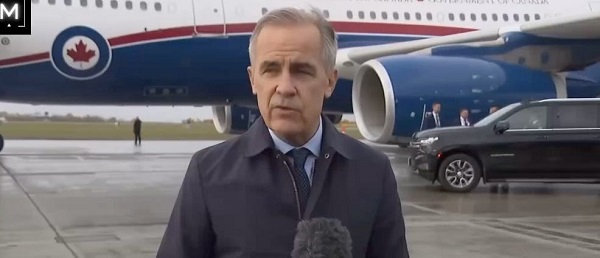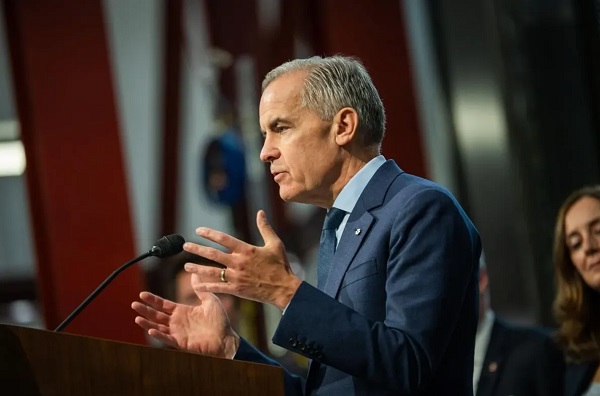The productivity fix starts with pragmatism
Lisa Baiton, President and CEO of the Canadian Association of Petroleum Producers (CAPP), told the B.C. Business Summit 2025 that Canada is in danger of squandering its global energy advantage through hesitation and half-measures. Representing the upstream oil, gas, and LNG producers that account for more than 20 percent of Canada’s total balance of trade, she said the sector directly employs 450,000 Canadians and supports more than 900,000 jobs nationwide.
“Our industry contributes over one-fifth of Canada’s entire balance of trade,” Baiton said. “Yet we’re operating in a global environment where state actors like Russia, China, and OPEC are weaponizing resources, controlling markets, and coercing trade. Even our closest ally, the United States, is reminding us that we can’t rely on a single customer.”
She argued that the world’s energy order is shifting in ways Canada has been slow to recognize. “Institutional investors are now talking less about energy transition and more about energy addition,” she said, citing Blackrock’s Larry Fink. “Global energy demand is rising across the north and south — and with the AI revolution driving new consumption — we’re going to need all forms of energy for decades to come.”
Baiton said that despite encouraging words from Ottawa about the importance of natural resources, policy still lags reality. “We have a prime minister who recognizes the role of oil and gas in national security and Indigenous reconciliation, but words alone don’t attract capital. Without a clear policy reset, Canada will miss the investment window.”
Incrementalism will be the death of us
Baiton’s warning was blunt: Canada’s productivity crisis and its policy gridlock are converging into a national risk. “We’ve woken up to the threats, but we’re falling back into our usual Canadianism — plodding along,” she said. “This window of opportunity won’t stay open long, and incrementalism will be the death of Canada.”
She said a “pragmatic policy reset” is required, one that reflects the resources Canada actually has and moves with speed. “Supernaturalism will be our death,” she said. “We have to get out of our own way.”
Baiton called for an overhaul of policies built during a previous decade aimed at making oil and gas “existential.” Canada, she said, now has a government that understands “you can’t have national security without energy security,” and that the resource sector is key to funding the military and rebuilding economic strength.
Oil and gas: Canada’s fastest path to growth
She pointed out that Canada ranks last among OECD nations in growth and competitiveness, and said oil and gas is “the only sector that can be leveraged fast enough” to reverse that trajectory. The industry, she added, is already a national leader in Indigenous partnerships. It’s the largest employer of Indigenous peoples, the largest user of Indigenous supply chains, and a growing field for Indigenous private equity ownership.
But without a policy reset, Baiton said, that progress will stall. “We need to take on key policies like the proposed emissions cap, which is already scaring investors, and fix permitting timelines that run nine to sixteen years. In Germany, it took three years to build three LNG import terminals. In Canada, one project can take 21 years from discovery to dollar.”
The message from Baiton was clear: Canada must rediscover the discipline to build, not just talk about building. The productivity fix starts with speed, pragmatism, and confidence in Canada’s own energy advantage.


















